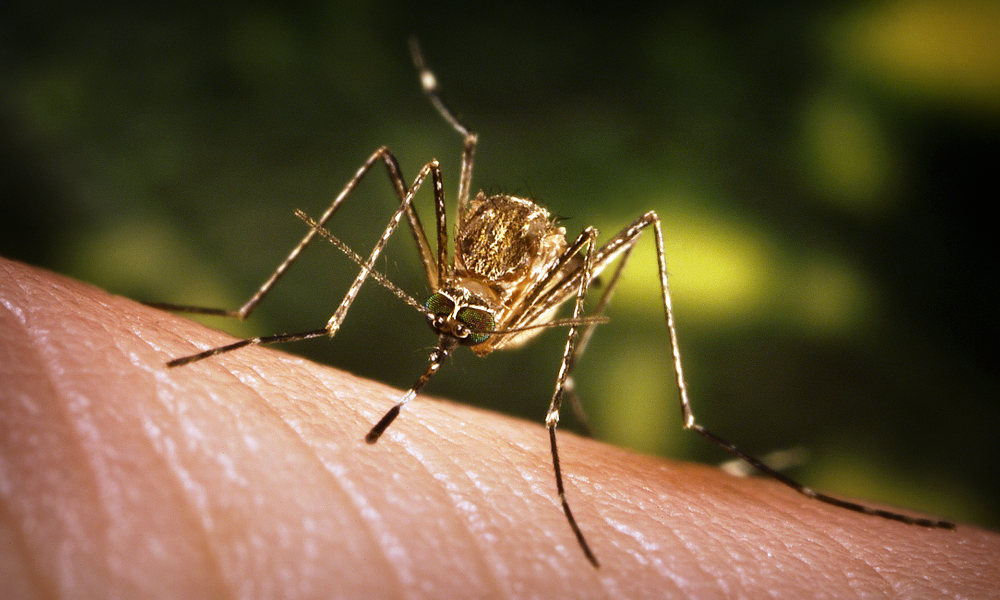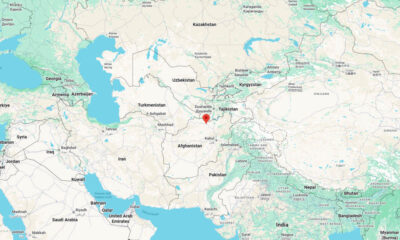US News
New Hampshire resident dies of mosquito-borne encephalitis virus

A New Hampshire resident has died after testing positive for the mosquito-borne Eastern Equine Encephalitis virus (EEE), making it the first case in the state in 10 years, according to state officials. It follows several other cases in neighboring states.
The New Hampshire Department of Health and Human Services confirmed Tuesday that the patient lived in Hampstead, a town in Rockingham County, about 34 miles (55 km) north of Boston. Their age and sex were not disclosed.
The patient “was hospitalized due to severe central nervous system disease and has passed away due to their illness,” the department said in a press release, which provided few other details about the case.
EEE, or EEEV, is a rare but serious disease which causes flu-like symptoms such as fever, chills, muscle aches and joint pain but may also cause severe neurological illness, such as inflammation of the brain and membranes around the spinal cord. It kills about one-third of those who develop encephalitis. There’s no vaccine or antiviral treatment.
This is the first case in New Hampshire since 2014, when three people were infected and two of them died. So far this year, one case each has also been reported in Massachusetts, Vermont, Wisconsin, and New Jersey. Positive samples were also found in a horse and batches of mosquito samples.

-

 Breaking News6 days ago
Breaking News6 days agoAt least 3 dead, 11 injured after UPS cargo plane crashes near Louisville airport
-

 Politics1 day ago
Politics1 day agoSenate reaches deal to end record shutdown – CNN
-

 World1 week ago
World1 week agoStrong 6.3 earthquake strikes northern Afghanistan; felt across Pakistan
-

 World1 week ago
World1 week agoProtesters storm government building in Mexico after killing of local mayor
-

 World1 week ago
World1 week ago10 people stabbed on train in Huntingdon, England
-

 US News5 days ago
US News5 days ago5 firefighters injured in vehicle explosion in the Bronx, NYC
-

 US News5 days ago
US News5 days agoFAA orders 10% flight cut at 40 U.S. markets as shutdown strains air traffic system
-

 US News5 days ago
US News5 days agoDeath toll rises to 11 after UPS cargo plane crash in Louisville




